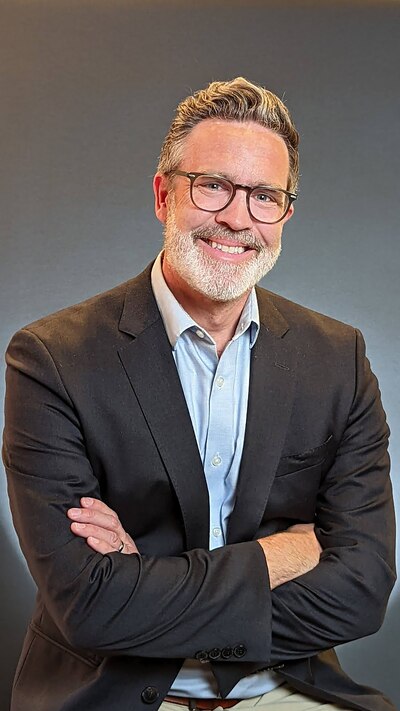I recently read an essay in Chalkbeat written by Jasmine Lane, a former Teaching Fellow for the organization I recruit for. In it, she relates her personal experience entering the teaching profession in the U.S., from the financial challenges of student teaching to being treated as an outsider as a Black teacher at her first school. Eventually, she leaves to teach in another country.
Lane put a spotlight on the frustrations I hear from many teachers leaving the job. Her words brought up issues I wrestle with every day.
I am the national director of recruiting for Breakthrough Collaborative, now in my fifth year of recruiting college students for our summer program. For many, our program is their first step toward becoming a full-time teacher, and I recruit prospective Fellows with equal parts conviction and inner conflict, concern, and hope.

My conviction comes from piles of research showing that students are uniquely inspired when they see themselves in their teacher. For that reason, Breakthrough intentionally seeks to build its summer program with highly diverse teaching staff. More than two-thirds of the college students who participate in Breakthrough’s Teaching Fellowship are students of color.
But my conflict and concern come from other things we know are true about teaching.
One is the sad reality that, for college students, there is greater potential for economic mobility in choosing a profession other than teaching. I hear many say they are in college to break the cycle of poverty. Oftentimes, this climb is not only a personal endeavor but a collective one as well, with communities back home invested in their success.
Another is that our public school teachers do not reflect the racial diversity of public school students in the U.S., and schools are often unwelcoming places for teachers of color.
Am I asking Black and Latinx students to perpetuate the wealth gap? Am I setting college students of color up to find themselves in schools where they are unable to make a difference? As a white man, I struggle at times with the reality of my work.
This isn’t to inflate my role. Obviously, the capable students who join Breakthrough have agency as individuals to determine the best pathway to their goals. But every day, I am very aware of the tradeoffs in what I am asking of those with whom I engage.
I know I’m not the only one struggling with this dilemma. I am not sure, however, that we are talking about it nearly as much as we should.
Anything less than navigating a complicated “now and for the future” leaves people behind in a way that I can’t in good conscience be OK with.
Lane, for example, is exactly whom we aim to bring into teaching. Yet, she writes that it was unsustainable for her to make the impact she wanted. As we recruit more teachers of color, we must acknowledge and respond to the environment they will face: one, as she states, where teachers of color must “break down barriers of resentment” the American school system has created over hundreds of years.
How do we do that? I think it involves acknowledging two realities: There are fundamental issues with the teaching profession that require deconstructing old systems and building new ones over many years. There are also issues that can be addressed now, by doing things like making the pathway to becoming a teacher more supportive and financially sustainable. Anything less than navigating a complicated “now and for the future” leaves people behind in a way that I can’t in good conscience be OK with.
Lane’s essay shows why we cannot fix our education system simply by adding more teachers of color. A million more Lanes can’t be the answer unless they are allowed to contribute to change and have opportunities to lead.
So we must be intentional about naming and removing the barriers, including inhospitable school environments, that prevent teachers of color from thriving. And we must continue to recruit, train, and prepare them, without letting the fact that it’s not the whole answer prevent the meaningful gains that we can make now.
There is no perfect solution. As my dad used to say, “I prefer the way I’m doing it wrong more than the way you’re not doing it at all.”
Am I going to keep looking for opportunities to change the system? Of course I am. Do I hope for deeper change that would allow someone like Lane to thrive in our classrooms? Of course I do.
Jonathan Appleby is a national college recruiter focused on diversifying and strengthening the teacher pipeline in America. He lives in San Francisco and finds joy in exploring the surrounding coastline with his wife and two teenage sons.



